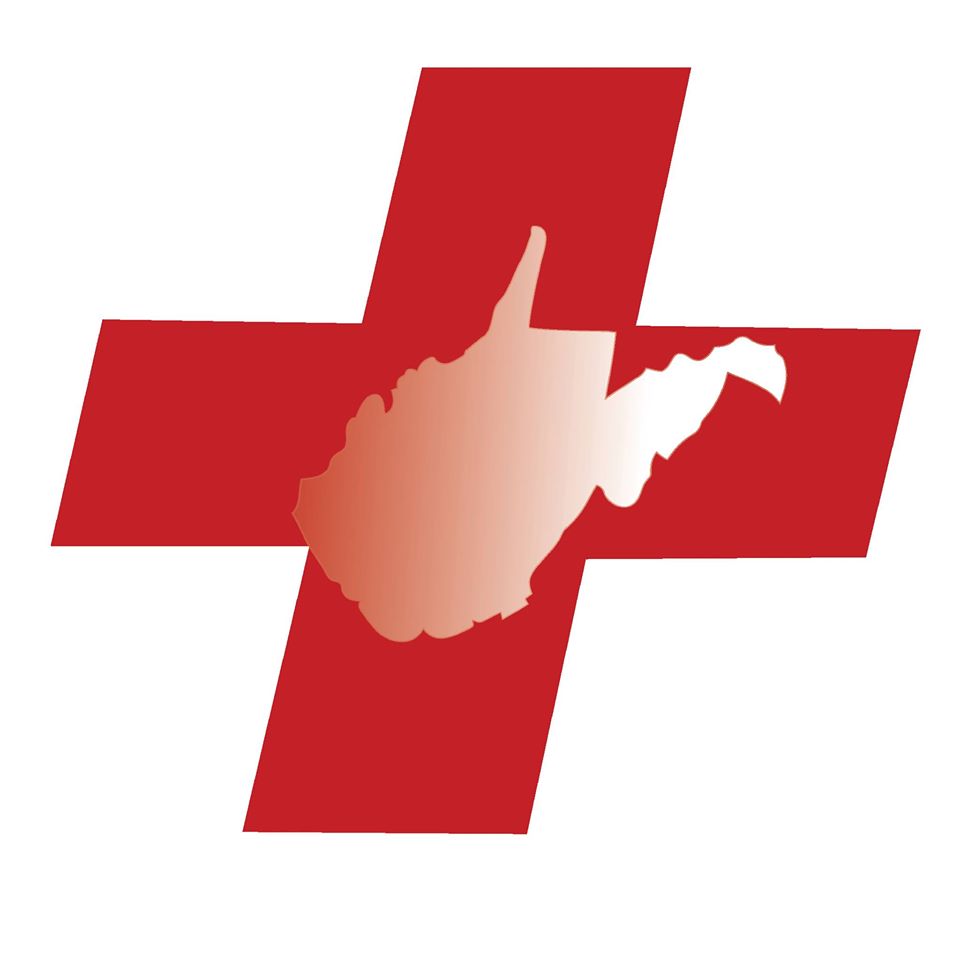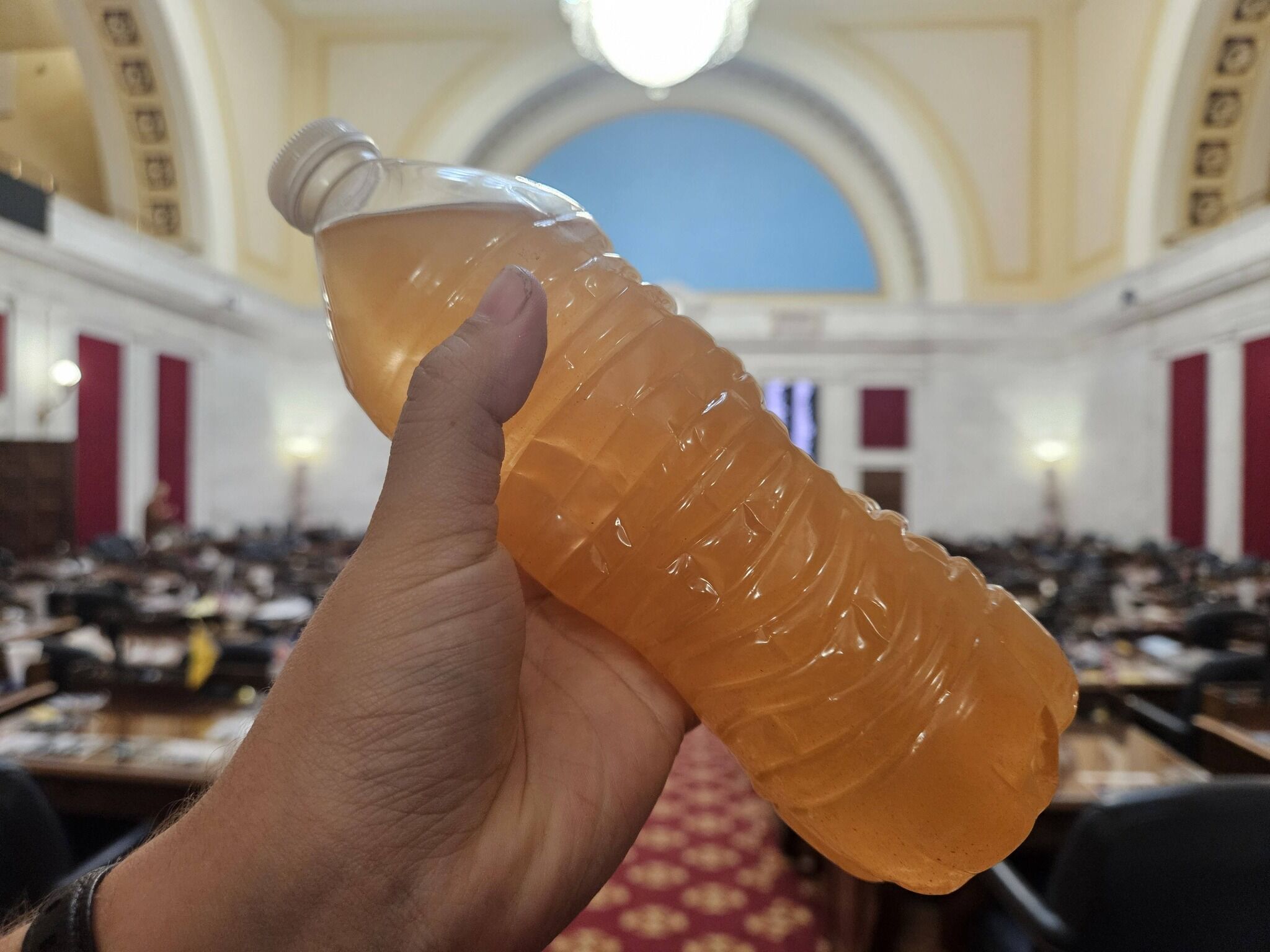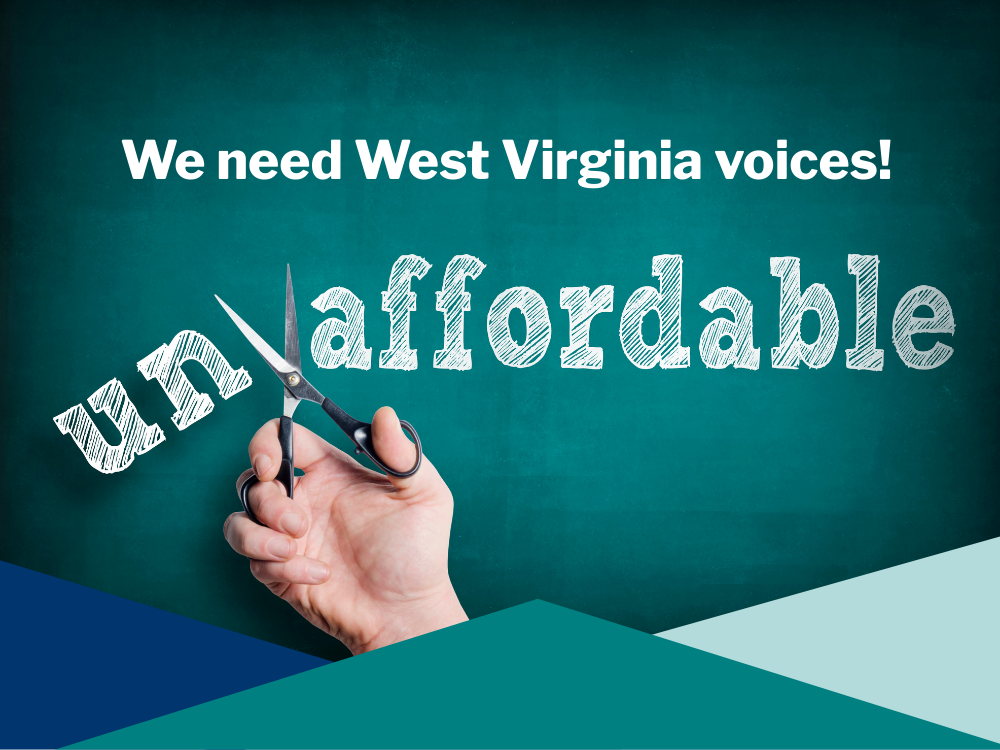- Like
- Digg
- Del
- Tumblr
- VKontakte
- Buffer
- Love This
- Odnoklassniki
- Meneame
- Blogger
- Amazon
- Yahoo Mail
- Gmail
- AOL
- Newsvine
- HackerNews
- Evernote
- MySpace
- Mail.ru
- Viadeo
- Line
- Comments
- Yummly
- SMS
- Viber
- Telegram
- Subscribe
- Skype
- Facebook Messenger
- Kakao
- LiveJournal
- Yammer
- Edgar
- Fintel
- Mix
- Instapaper
- Copy Link
The fight for accessible affordable health care in West Virginia is what Health Care for All WV is all about. Key to our efforts is the Medicaid Buy-In bill HB 3001. This bill would create a new affordable health insurance plan that would eliminate the “cliff effect” of those who are working and want to keep coverage while earning increased hours or increased pay, or who’s employers do not offer insurance coverage for their full-time employees.
It’s all about the Benefits Cliff, “a national phenomenon that precludes individuals from accepting jobs or promotions because it would result in the immediate loss of safety net benefits including Supplemental Nutrition Assistance Program payments and, most notably, expanded Medicaid coverage. It is a logical reason someone would not take a job, would not take a promotion, not earn extra money,” Jeremiah Samples told the Joint Committee on Finance on December 2nd, 2021.
Samples explained that a single person working a part-time minimum wage job would lose their SNAP benefits and Medicaid if they earned more than $18,000 a year, but they would likely need to earn $33,500 to “break even for the value of those lost benefits.”
If we want people to get back to work, then we need to provide an option for working West Virginians to earn more than $18,000 a year and still have access to coverage. The Medicaid Buy-in would help bridge that gap.
Hunter Starks (they/them) of Charleston, WV shared their health care story with us last year. “Medicaid has saved and is saving my life. Without Medicaid the program I’m in, it would cost $1,400/mo, and medication would cost more. Suicide stats are alarmingly high with my diagnoses. I no longer experience sever suicidal ideation and am no longer afraid of losing myself to my mental health disorders.” Hunter’s medical care and medications are what allow them to work. However, if Hunter works more than 20 hours a week, they would lose their benefits.
Cassandra Wiley of Huntington, WV shared that “during the pandemic I became unable to perform at my job of 2 years. I was and am the primary income for me and my partner. We struggled with what decisions to make and how to stretch what money we had. While all this was happening I was without insurance, without a job.” For Cassie, it meant choosing between much needed medications and food. “I went without my anti-depressants for 2 weeks when things were at their worst.” But after gaining Medicaid and SNAP, she was finally able to see her doctor and get her medications refilled. “I was able to go home from that doctor’s visit to something warm to eat. This has made such a huge impact on my and my partner’s lives”. Right now, Cassie is working two part-time jobs, and she is thankful, but worries that she may lose her benefits by working one hour too many. Without coverage, and without medications, she would no longer be able to work.
You can help raise Cassie and Hunter’s voices. Let our legislators know that we need a Medicaid Buy-in, for working West Virginians: http://ow.ly/QHql50HBYNf.
And, you are highly encouraged to share your healthcare stories with us, to help improve access to quality, affordable health care in West Virginia. www.tinyurl.com/WVStories21.





